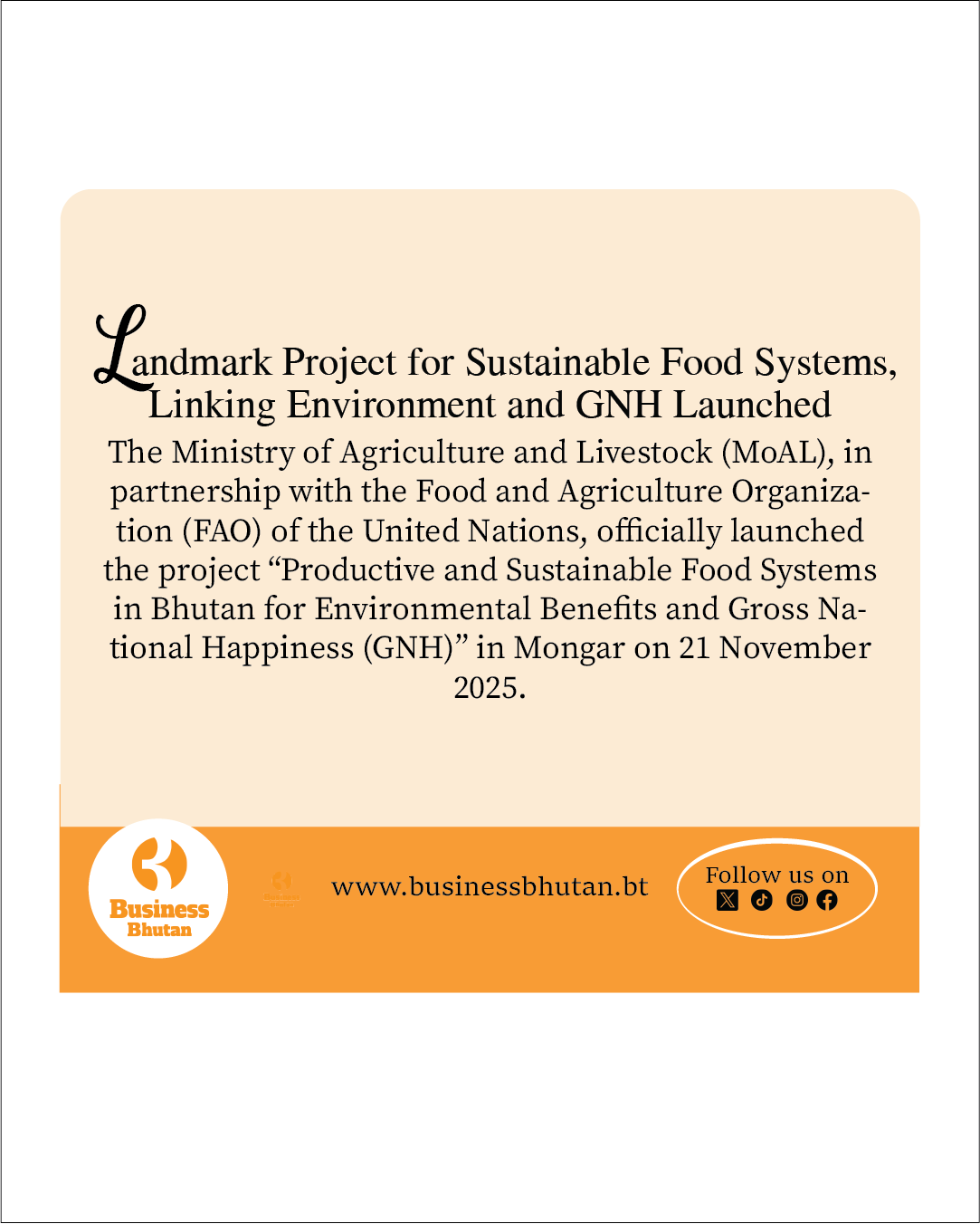Insights from Joseph Stiglitz, a Nobel laureate who made his maiden visit to Bhutan in 1998
At the Bhutan Innovation Forum (BIF) in Paro, Nobel laureate Joseph Stiglitz highlighted Bhutan’s remarkable socio-economic advancements over the past 75 years, including a 15-fold increase in GDP and a threefold growth in population. Stiglitz, a renowned economist and professor at Columbia University, underscored the importance of education and English proficiency in integrating Bhutan into the global economy.
Stiglitz addressed several challenges Bhutan faces, particularly in retaining skilled youth and enhancing private sector involvement in job creation. He emphasized the need for careful management of special economic zones to avoid pitfalls like tax arbitrage. His discussion also encompassed the critical balance between economic growth and environmental sustainability, as well as the importance of lifelong learning and adapting to climate change.
Reflecting on his long history with Bhutan, Stiglitz noted the country’s significant transformation since his first visit in 1998. He recalled a time when Bhutan had almost no cars and life expectancy was under 50 years. Today, with Gross National Happiness (GNH) as a guiding principle, Bhutan is poised to further develop as a knowledge economy, leveraging its education system to enhance global integration.
Stiglitz stressed that Bhutan’s journey to a knowledge economy aligns with historical trends of economic development, where advances in knowledge have led to improved living standards. He argued that the key to sustaining this growth lies in creating job opportunities that match the skills of its youth.
“The private sector has a vital role to play,” he said, noting that Bhutan’s economy is evolving towards service-oriented and knowledge-based industries. He highlighted the need for good governance and a supportive environment to attract private investment while maintaining the principles of GNH.
In response to audience questions, Stiglitz discussed how a focus on lifelong learning can foster innovation beyond traditional educational settings. He advocated for an education system that adapts to the 21st century, emphasizing the importance of continuous learning in an ever-changing global landscape.
Stiglitz concluded by sharing examples of successful business models that align profitability with societal well-being. He cited companies in the ed-tech sector, such as Coursera, that leverage technology to make education more accessible and beneficial for economic growth.
In summary, Stiglitz’s insights reaffirmed Bhutan’s commitment to sustainable development, emphasizing the interconnectedness of knowledge, economic progress, and overall well-being. As Bhutan continues on its path to becoming a knowledge economy, the focus on education and private sector engagement will be crucial for future success.
Joseph Stiglitz is a renowned American economist, author, and professor at Columbia University. He was awarded the Nobel Prize in Economic Sciences in 2001 for his analysis of markets with asymmetric information, which highlighted how information disparities can lead to market failures.
Stiglitz has served in various influential roles, including as Chief Economist and Senior Vice President of the World Bank, and he was also a member of the Council of Economic Advisers under President Bill Clinton. His work spans various fields, including development economics, public policy, and international trade.
He is well-known for his critiques of free-market policies and globalization, advocating for more equitable economic systems. Stiglitz has authored numerous books and articles, addressing issues such as income inequality, climate change, and the role of government in the economy. His contributions have made him a prominent figure in contemporary economic discourse.
By Tashi Namgyal, Paro




![Fresh Beginnings: Pasakha Vendors Gear Up for New Vegetable Market - Duplicate - [#16963] Fresh Beginnings: Pasakha Vendors Gear Up for New Vegetable Market - Duplicate - [#16963]](https://businessbhutan.bt/wp-content/uploads/2025/11/Asset-200.png)











